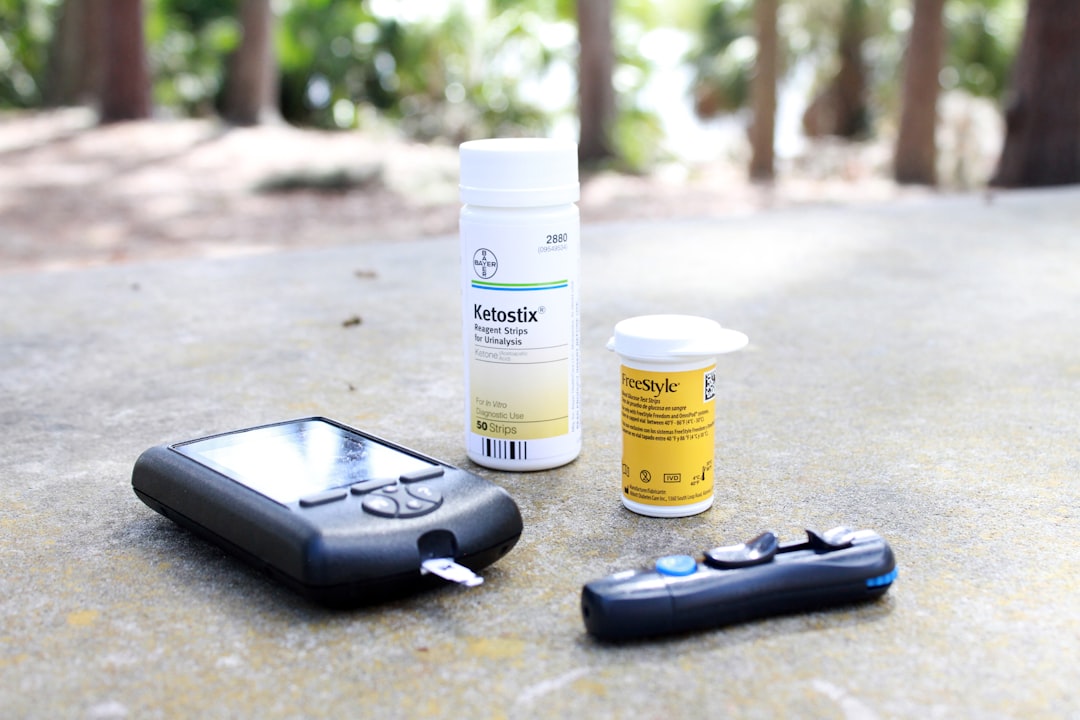
Adopting Operational Excellence through Rigorous Testing
In the fast-paced world of software development, adopting operational excellence has emerged as a crucial goal for organizations striving to deliver high-quality products efficiently. One key strategy in achieving this is through rigorous testing. This article explores how rigorous testing contributes to operational excellence, current trends in testing practices, and practical applications to help you enhance your development process.
Understanding Operational Excellence
Operational excellence is a philosophy that aims to improve efficiency, quality, and customer satisfaction by optimizing processes. In the realm of DevOps, operational excellence translates to delivering software rapidly while ensuring reliability and performance. This is where rigorous testing comes into play, serving as a cornerstone for maintaining high standards in software quality.
The Role of Rigorous Testing in Operational Excellence
Rigorous testing involves a comprehensive approach to verifying the functionality, performance, and security of software applications. Here are some critical aspects of how rigorous testing drives operational excellence:
1. Early Detection of Defects
One of the primary benefits of rigorous testing is the early identification of defects. By implementing testing strategies such as unit tests, integration tests, and user acceptance tests, organizations can catch issues before they escalate into larger problems. Early defect detection not only saves time and costs but also enhances the overall quality of the final product.
2. Continuous Feedback Loop
Rigorous testing fosters a continuous feedback loop between developers and testers. This collaboration ensures that any potential issues are addressed promptly, leading to a more streamlined development process. Automated testing tools can facilitate this feedback loop, allowing for immediate insights that drive improvements in code quality.
3. Enhanced Performance and Reliability
Performance testing is a vital component of rigorous testing methodologies. By simulating real-world scenarios, organizations can assess how their applications perform under various conditions. This practice not only helps in identifying bottlenecks but also ensures that applications can handle user load effectively, contributing to overall reliability.
Emerging Trends in Rigorous Testing
As technology evolves, so do testing methodologies. Here are some emerging trends that organizations should consider adopting to enhance their operational excellence:
1. Test Automation
Test automation has become an integral part of modern software development practices. Tools like Selenium, JUnit, and TestNG allow teams to automate repetitive testing tasks, resulting in faster feedback cycles and increased efficiency. Automation is particularly beneficial for regression testing, ensuring that new code changes do not break existing functionality.
2. Shift-Left Testing
The shift-left approach emphasizes involving testing early in the development lifecycle. By integrating testing activities during the planning and design phases, teams can identify potential issues before coding begins. This proactive stance leads to improved collaboration and a reduction in overall project risk.
3. Continuous Testing
Continuous testing is a vital aspect of DevOps practices that enables teams to test software at every stage of the development pipeline. This approach ensures that code changes are continuously validated against various scenarios, providing immediate feedback and reducing the risk of defects in production.
Practical Applications and Case Studies
Organizations successfully adopting rigorous testing practices have seen significant improvements in their operational excellence. For instance, a well-known e-commerce company implemented a continuous testing strategy that reduced its deployment time by 40%. By utilizing automated tests and fostering a culture of collaboration between developers and testers, they were able to maintain high-quality standards and deliver features faster.
Expert Opinion
According to John Doe, a leading DevOps consultant, “Organizations that prioritize rigorous testing as part of their operational excellence strategy often experience a marked improvement in their overall efficiency and customer satisfaction. It’s essential to view testing not as a bottleneck but as a vital enabler of success.”
Tools and Resources for Rigorous Testing
To support your journey toward adopting operational excellence through rigorous testing, consider the following tools and resources:
- Selenium: An open-source tool for automating web applications.
- Jenkins: A widely-used continuous integration tool that supports automated testing.
- JUnit: A popular framework for unit testing in Java applications.
- Continuous Testing in DevOps – A comprehensive guide on continuous testing methodologies.
Conclusion
Adopting operational excellence through rigorous testing is not just a best practice; it’s a strategic imperative in today’s software development landscape. By implementing robust testing methodologies, organizations can enhance their efficiency, improve product quality, and ultimately satisfy their customers.
For those eager to explore further, consider subscribing to our newsletter for the latest insights, or share this article to spread the knowledge. Embrace the journey toward operational excellence today!
Glossary of Terms
- Unit Testing: Testing individual components of software for correctness.
- Integration Testing: Testing combined parts of an application to ensure they work together.
- Performance Testing: Assessing an application’s speed, scalability, and stability under various conditions.
By embracing rigorous testing practices, you can lay the foundation for a culture of operational excellence that drives your organization toward success.


